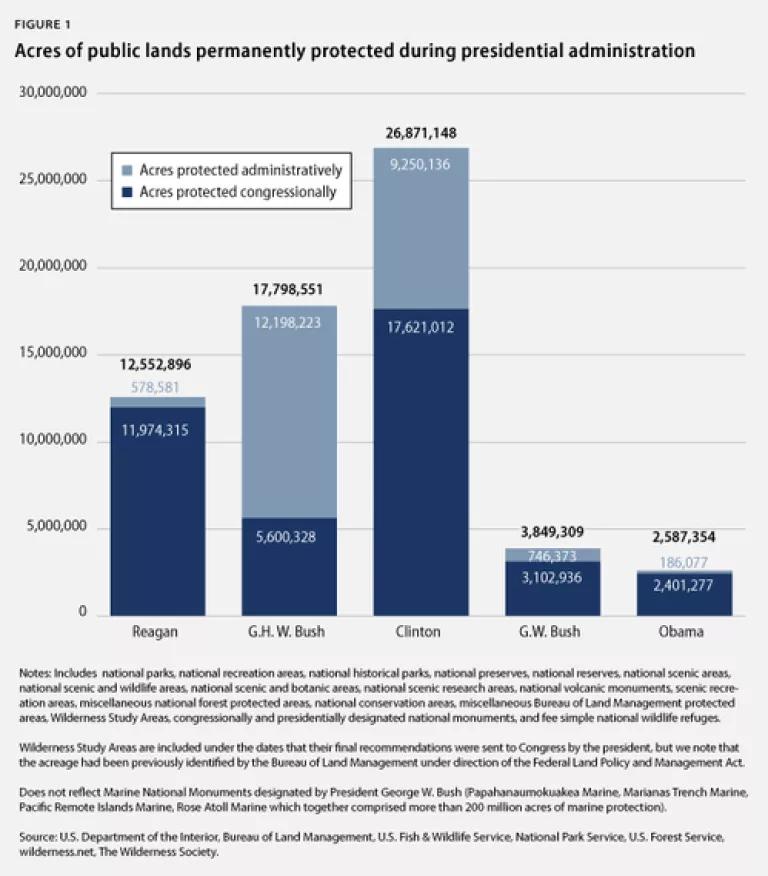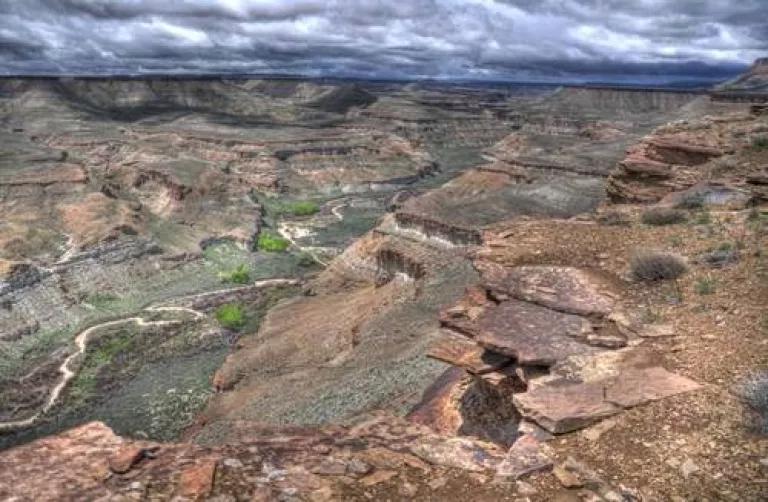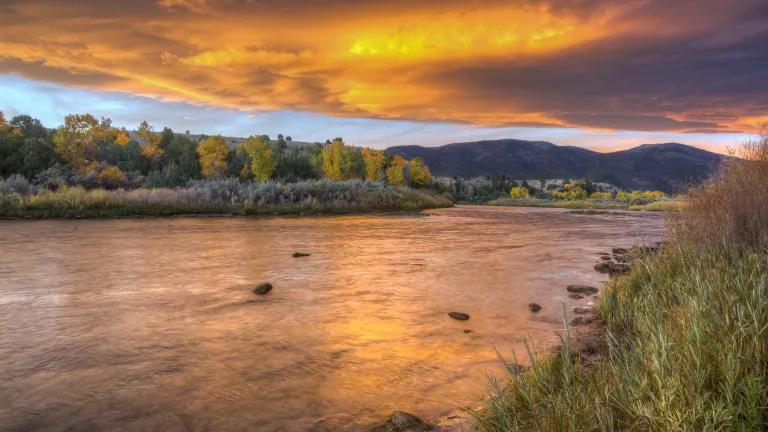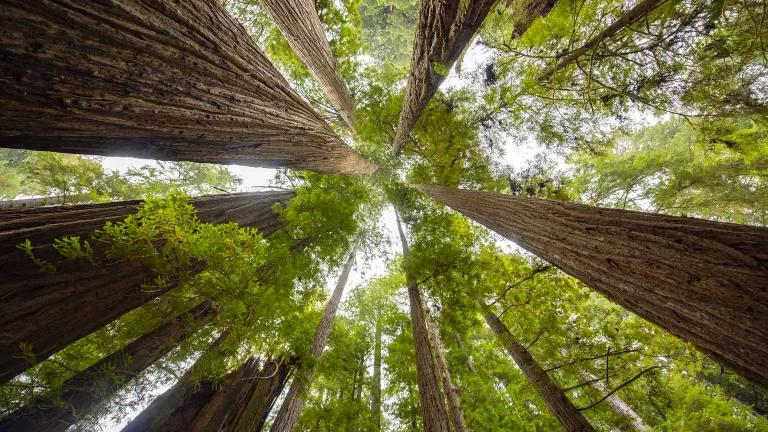Whether right or wrong, it is hard to shake the perception that Congress exists as a repository for where good ideas go to die. And at least in the context of protecting wilderness, it would be doubly hard to disprove that axiom given the environmental record of the recently adjourned 112th Congress. In fact, the 112th Congress has the dubious distinction as the first since World War II not to protect a single new acre of public land as a national park, wilderness area, or national monument. That disreputable achievement is doubly aggravating given that last year alone, there were over 30 wilderness and conservation bills that enjoyed, for the most part, broad bipartisan support. The primary roadblock was Republican congressional leadership, who were not about to divert attention away from other key priorities – an agenda focused on promoting oil and gas drilling while attempting to gut bedrock environmental protections. Passing even the most uncontroversial and broadly supported conservation bill was simply at odds with such an extreme agenda. That said, the Obama administration has not exactly been a paragon when it comes to embracing the notion of protecting lands for conservation either. In fact the record shows that compared to prior administrations in modern times, Republican or Democratic, the Obama administration is currently last in acres permanently protected (see chart).

What Congress and the Obama administration have both shared is a collective fixation on energy development. And while the administration, in comparison to the Republicans, has demonstrated a more balanced approach that has championed the deployment of clean energy, its embrace of an “All of the Above” strategy has come with significant costs to the environment and our nation’s public lands. Choices have been made that embrace and elevate oil and gas drilling, including drilling in wilderness areas wholly inappropriate for such industrial activity. Over the last four years, the oil and gas industry has leased more than 6 million acres of public lands, compared with only 2.6 million acres permanently protected. Just a few weeks ago, NRDC and its partners sued the administration to prevent an iconic wilderness area in Utah from being despoiled by an oil and gas drilling project.

Desolation Canyon Wilderness: this area is under the threat of being sacrificed to benefit oil and gas polluters.
Photo credit: Southern Utah Wilderness Alliance (SUWA)
These imbalanced “choices” were pointed out today by former Clinton Secretary of the Interior, Bruce Babbitt, who just spoke at the National Press Club. Secretary Babbitt was quick to demonstrate this disconnect, that the idea of balance has been completely skewed by the rhetoric and policy choices that have embraced a rapid shift that emphasizes domestic oil and gas drilling – spurred on by the hydraulic fracturing revolution. And due to that revolution, we are losing open space in the U.S. at a tremendous clip – basically the size of Rhode Island is now lost on an annual basis.
Admittedly, the last few years have been a challenge for those that love their open spaces and public lands. But the 113th Congress does not have to choose the same path as its predecessors given that the makeup of this new Congress is not the same as before, with new leaders in both parties. It is not inconceivable that a conservation vision can take hold that can result in new wilderness and parks.
But more vitally, there is no better time for the President to heed the conservation call. He possesses the tools to encourage action and rebalance the pendulum that has swung too far in the interests of polluters. The President should also acknowledge that the environmental and conservation constituency is one that will support such leadership. This is not a small constituency either; the economic scale of public lands conservation is on par with fossil fuel development. Outdoor recreation, hunting and fishing generate $646 billion. If the President acts in the interests of conservation, he will be joined by millions that understand the true value of public lands.




